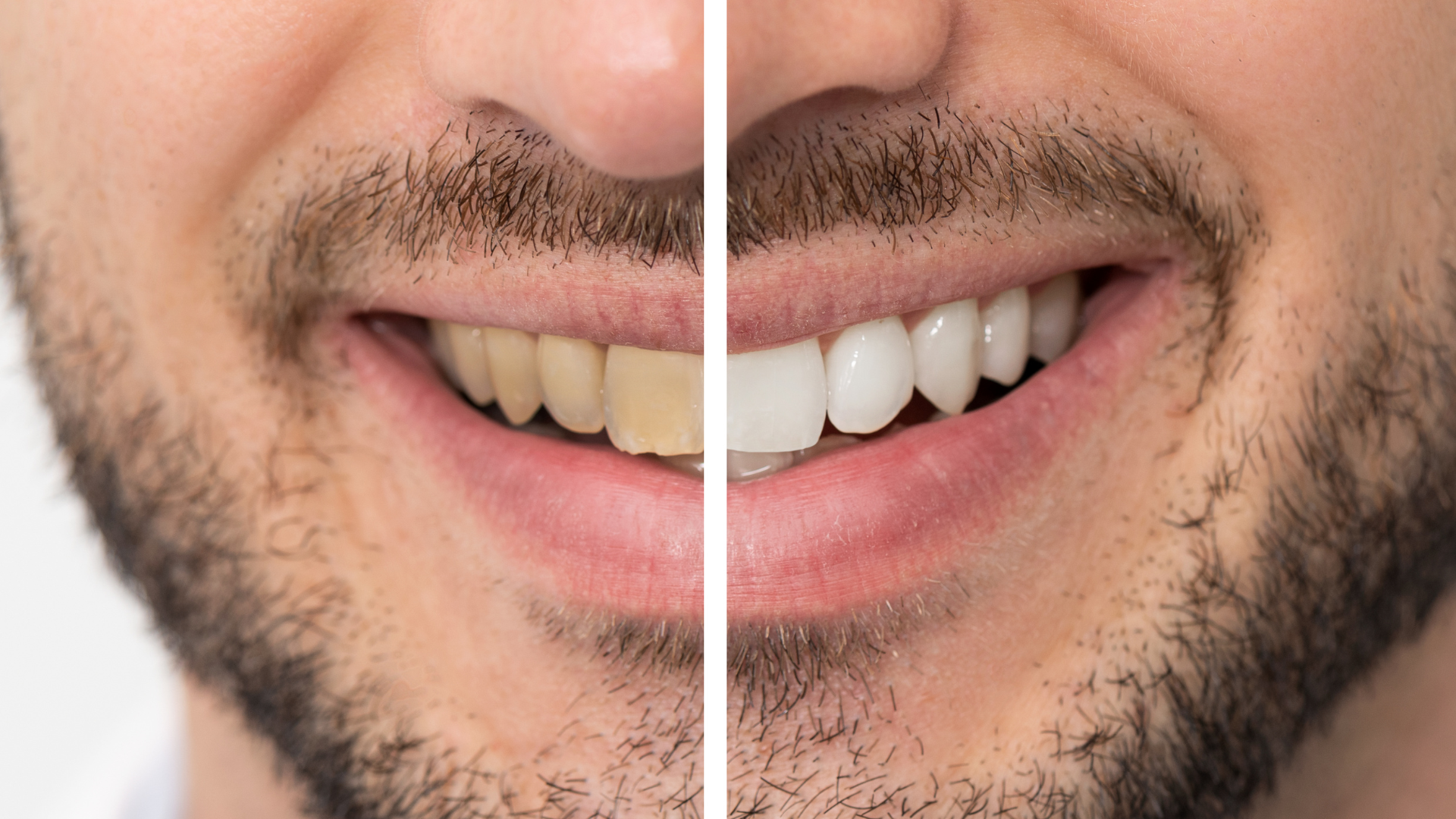How Long Does Teeth Whitening Last? A Toronto Dentist Explains
How Long Does Teeth Whitening Last?
Teeth whitening is a popular and effective way to brighten your smile, but it's important to know that it's not a permanent fix. How long your pearly whites stay bright depends on a variety of factors. Let's break down what influences the longevity of your brighter smile and how you can make it last.
Factors Influencing Whitening Duration
Several key factors play a role in how long your teeth whitening results will last. These include the type of whitening treatment you choose, your diet and oral hygiene habits, and the unique characteristics of your tooth enamel.
Think of it like this: some people's teeth are naturally more prone to staining than others. Furthermore, what you eat and drink significantly matters. If you're regularly sipping coffee or red wine, you can expect the whitening effects to fade faster. The team at Danforth Neighbourhood Dental Centre can help you understand these factors and tailor a whitening plan that works for you.
Initial Shade and Treatment Effectiveness
The starting colour of your teeth and the effectiveness of the initial whitening treatment are major factors. If your teeth have deep-set, severe stains to begin with, it may take more effort to achieve a brilliant white, and the results might not last as long as they would for teeth with lighter stains.
The quality of the treatment itself also matters.Professional whitening treatments at our Toronto clinic are generally more effective than over-the-counter options, leading to more dramatic and longer-lasting results because the whitening agents are stronger and applied by experts.
Professional Versus At-Home Whitening Lifespan
In-Office Treatment Durability
When you get your teeth professionally whitened, the results generally last longer than what you can achieve with products bought at a store. This is because dentists use stronger, professional-grade whitening agents and often incorporate techniques like light activation to boost the process.
Here’s why professional treatment is more effective:
- The higher concentration of peroxide used in-office penetrates deeper into the enamel to lift stubborn stains.
- Your dentist can expertly isolate your teeth and protect your gums, allowing for a more intense and effective treatment.
- We can provide professional advice and follow-up care to help maintain your results.
In general, a professional whitening treatment can keep your teeth looking great for anywhere from six months to two years, depending on how well you care for them afterward.
Over-the-Counter Product Expectations
Those whitening strips, gels, and toothpastes at the drugstore are tempting due to their convenience and lower price point. However, it's important to have realistic expectations. Over-the-counter (OTC) products contain a much lower concentration of whitening ingredients. This means the results won't be as dramatic or long-lasting. Typically, OTC products mainly target surface stains, the effect is gradual, and the results may only last for a few months at best.
Prescription Whitening Kits
Prescription take-home kits from your dentist are an excellent middle ground. These involve custom-fitted trays made from a mold of your teeth and a stronger whitening gel than you can buy in a store. Because the trays are custom-fit, the whitening gel is applied evenly and consistently. Supervised by your dentist for safety and effectiveness, results from these kits can often be maintained for several months to a year.
Maintaining Your Bright Smile Post-Whitening
You've just invested in whitening your teeth. Awesome! Now, how do you keep that dazzling smile? What you do after the treatment is critical. Think of it like painting a wall—the fresh coat looks great at first, but without proper care, it will get dirty and fade. The same goes for your teeth.
Dietary Habits and Stain Prevention
What you eat and drink plays a huge role in how long your teeth stay white. It's not about depriving yourself, but being mindful is key.
- Limit dark-coloured drinks like coffee, tea, and red wine. Using a straw can help minimize contact with your front teeth.
- Be careful with foods that have strong pigments, such as berries, soy sauce, and tomato sauce.
- Rinse your mouth with water after consuming staining substances. This helps wash away the staining agents before they have a chance to settle in.
Importance of Regular Brushing and Flossing
This might seem obvious, but consistent oral hygiene is your best defence. Brushing and flossing don't just prevent cavities; they are essential for removing surface stains and keeping your teeth looking their brightest. Brush at least twice a day, floss daily, and use a soft-bristled toothbrush to avoid damaging your enamel.
The Role of Lifestyle in Whitening Retention
Impact of Smoking on Tooth Color
Smoking is a primary enemy of a bright smile. The tar and nicotine in tobacco products seep into the tooth's enamel, causing deep, stubborn stains that are very difficult to remove. Even after a professional whitening treatment, smoking can quickly reverse the results. Quitting is the best thing you can do for both your oral and overall health.
Frequency of Touch-Up Treatments
Even with the best habits, teeth whitening isn't permanent. Over time, stains will gradually reappear. That's where touch-up treatments come in. How often you need a touch-up depends on your individual habits and how your teeth respond to whitening. Some people might need a touch-up every six months, while others can go a year or more. Think of touch-ups as routine maintenance for your smile. Your dentist here on the Danforth can recommend the best schedule for you.
When to Consider Re-Whitening Your Teeth
You'll know it's time for a touch-up when you start to notice your teeth aren't as bright as they used to be. The change is gradual, but you'll see stains becoming more visible or your smile looking a bit duller.
Before you begin another whitening treatment, it's always best to consult with your dental professional. We can check your teeth and gums to ensure they are healthy enough for another round and provide personalized advice. Overdoing whitening can cause sensitivity, so finding a balanced schedule is key. Your regulardental check-ups and cleanings are also essential for keeping your smile looking its best.
Addressing Common Misconceptions About Whitening
- Is whitening permanent? No. Think of it more like dyeing your hair—it requires maintenance and will fade over time depending on your habits.
- Will whitening make my teeth sensitive? Some people experience temporary sensitivity, but it's usually mild and subsides within a few days. There are products that can help manage it.
- Does whitening damage tooth enamel? When done correctly and under professional guidance, teeth whitening is safe for your enamel. The risk comes from overusing products or using harsh, unapproved methods. That's why consulting with your dentist at our Danforth clinic is the safest approach.
Let's Keep Your Smile Bright!
So, how long does teeth whitening really last? The answer varies, but with professional treatment and diligent aftercare, you can enjoy a brighter smile for months or even years. It’s an ongoing effort, not a one-time fix, but a little upkeep goes a long way.
Ready to achieve a brilliant, more confident smile? The team at Danforth Neighbourhood Dental Centre is here to help.
Contact us today to schedule your teeth whitening consultation and discover the best option for you! Call us at (416) 466-8003 to book your appointment.






